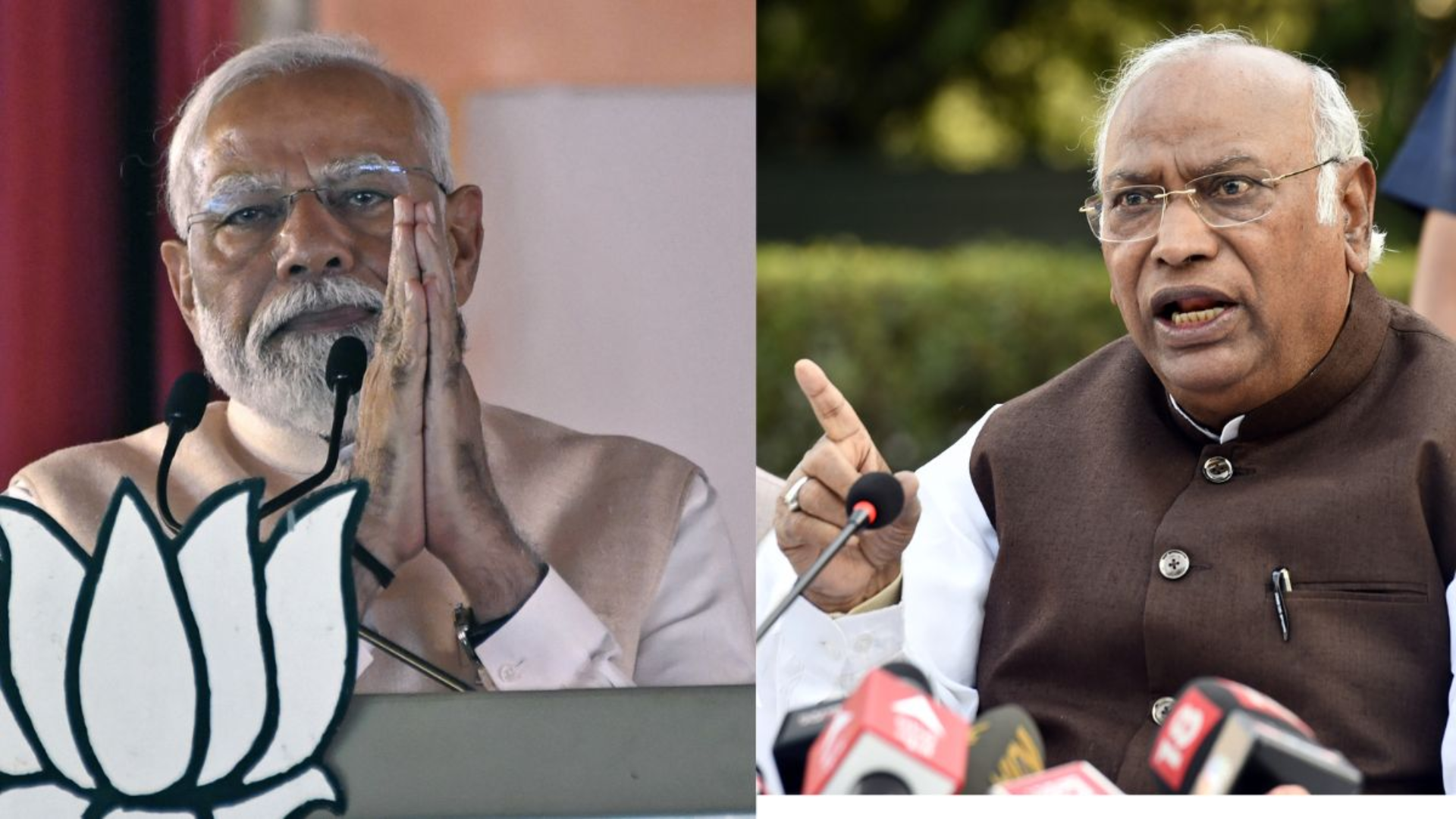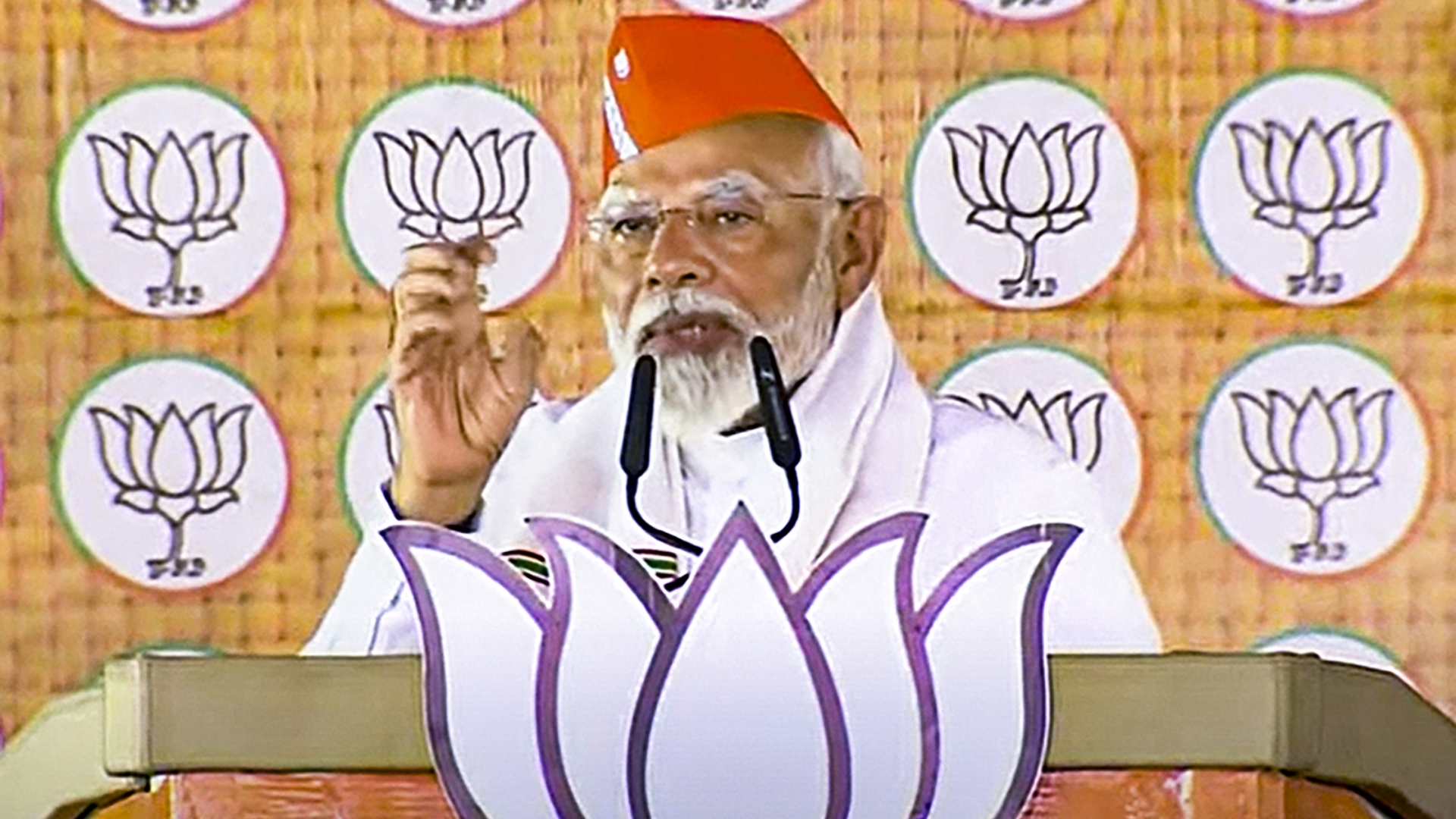









At least 54 more apps with Chinese links are now blocked in India over security and privacy concerns. According to local media reports, the IT ministry has issued interim directions for the blocking of the apps, which include beauty and camera tools, video editors as well as a gaming app.
Banned Chinese apps collect sensitive user data: Report
The banned apps allegedly acquire not just critical permissions, but they also collect sensitive user data in real-time, which they then transmit to servers in foreign countries such as China. An official with the ministry of electronics and IT was quoted by the Economic Times saying, “The 54 apps have already been blocked from being accessed in India through the PlayStore.”
The banned apps include Tencent Driver, Nice Video Baidu, Viva Video Editor, gaming app Garena Free Fire Illuminate, Beauty Camera: Sweet Selfie HD, Beauty Camera – Selfie Camera, Rise of Kingdoms: Lost Crusade, Astracraft, FancyU pro, MoonChat, Barcode Scanner – QR Code Scan, and Lica Cam. The government of India first made a massive sweep against Chinese apps in 2020, banning 59 apps including TikTok and UC Browser, which authorities described as prejudicial to sovereignty, integrity and security of the country.
In a statement, Google said, “On receipt of the interim order passed under Section 69A of the IT Act, following established process, we have notified the affected developers and have temporarily blocked access to the apps that remained available on the Play Store in India.”Meanwhile, the government’s Joint Parliamentary Committee (JPC) has already filed its recommendations for the Indian Data Protection Bill, which seeks to protect both personal and non-personal data, among other recommendations. On the issue of data localisation, law experts at Touchstone Partners said, “the JPC Report apparently adds a requirement that a mirror copy of sensitive personal data and critical personal data which is already in possession of the foreign entities will need to be brought to India in a time-bound manner. This will be an important compliance obligation for companies that currently store India-related data on servers overseas to be aware of.”
Mobile proxies grow in use as China strengthens great firewall
It’s worth noting that China has the most stringent measures when it comes to the Internet and the digital realm. In fact, China has the most blacklisted Ips with as much as 94.24% of its open proxies, according to an ENV Media study.
This makes China the top 4 among the leading proxy markets, with 31% of user penetration, Statista figures have shown. Chinese users mostly use mobile proxies to access sites blocked by their government, particularly social networks.
The use of mobile proxies, among other online anonymity tools, have become more popular in recent years, especially with more and more consumers opting to go the digital route for the day-to-day activities, from conducting business, studying or doing research, to social activities and entertainment, as well as casual gaming on popular online casino apps. But these online activities can also put the user’s privacy at risk since they leave some sort of digital footprint that can be accessed by companies.
And because no one is ever sure who ends up with their information, it’s even more important to have a middleman that can provide users with a secure gateway to the internet—similar to what proxies are already doing.
ENV Media analysts explained it best, saying: “The undeniable and continuous awareness growth among online users about the importance of their privacy and protection leads industry experts to project a lasting and sustainable expansion of proxy markets. Users who generate demand for richer entertainment offers and internet freedom, similarly, can fuel the rise in proxy and VPN adoption across the globe. Even when consumers are not conscious and knowledgeable enough on how to get quality proxy services, the penetration and popularity of the latter is only likely to grow, get more automated and possibly more user-friendly.”










